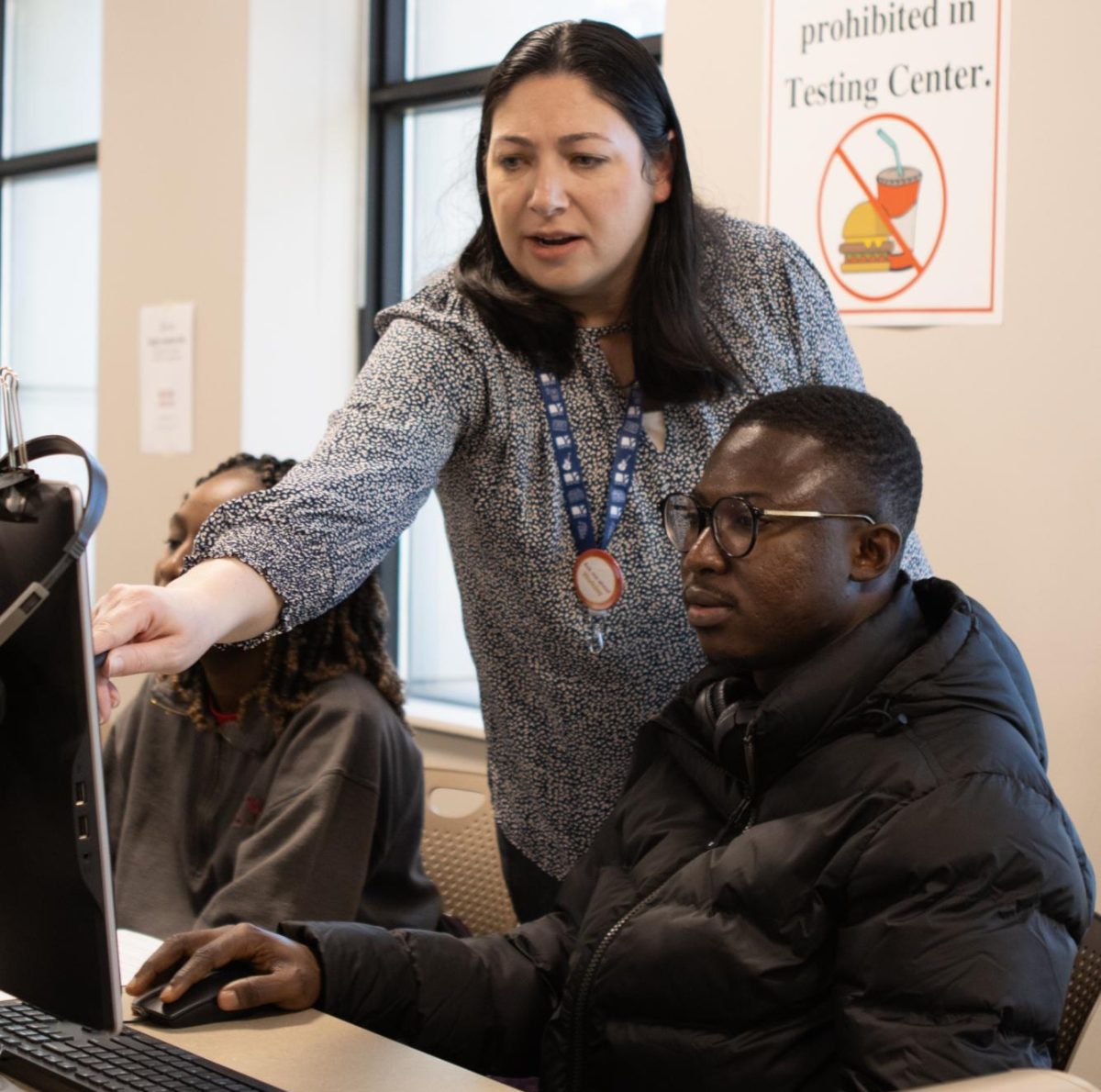World Cup victory has roots in 1970s civil rights law
Rapinoe
July 7, 2019
The United States Women’s National Team (USWNT) won the FIFA Women’s World Cup Sunday with a 2-0 victory over the Netherlands in Lyon, France, but part of the pathway to that victory began in Congress in 1972.
Then-Rep. Patsy Mink, D-Hawaii, co-authored alongside then-Sen. Birch Bayh, D-Ind., Title IX, later renamed the Patsy T. Mink Equal Opportunity in Education Act.
“No person in the United States shall, on the basis of sex, be excluded from participation in, be denied the benefits of, or be subjected to discrimination under any educational program or activity receiving Federal financial assistance,” Title IX says.
The act ended the ability of federally funded schools, colleges and universities to discriminate on the basis of sex, and that discrimination extended to sports.
Title IX requires schools do not discriminate on the basis of sex with regards to participation opportunities, athletics scholarships and treatment of men’s and women’s teams.
Around the time Title IX was passed, there were only about 700 girls compared to 78,000 boys playing soccer at the high school level in the United States. Today, there are hundreds of thousands of girls playing soccer at the high school level, in part because of the equal treatment Title IX forced upon federally funded schools.
Rep. Susan Davis, D-Calif., tweeted a congratulatory message to the USWNT saying “[t]he power of #TitleIX was on full display.”
Steven Bank, a law professor at the University of California at Los Angeles, is cited by the university law school’s website as a “frequent commentator on soccer law issues,” and after Sunday’s match he tweeted “Title IX was critical for women’s sports.”

















